Call for Papers | UAAC/AAUC 2021, Online

From UAAC/AAUC:
Universities Art Association of Canada / l’association d’art des universités du Canada
Online, 20–23 October 2021
Proposals due by 16 May 2021
Every fall, UAAC-AAUC hosts Canada’s professional conference for visual arts-based research by art historians, professors, artists, curators, and cultural workers. The sessions and panels address issues and subjects in art history, theory, and practice from various methodological approaches.
We invite paper proposals for the UAAC-AAUC Conference 2021 Congrès. We offer a range of panels and roundtables that reflect the UAAC’s diverse constituents in terms of membership and scholarship. Submit proposals by using the Call for Papers Proposal Form PDF. Proposals are sent directly to the chair(s) of the session. The deadline for submission is 16 May 2021.
A selection of sessions potentially related to the eighteenth century, including the HECAA panel, is provided below. A full list of panels is available as a PDF file here.
◊ ◊ ◊ ◊ ◊
Historians of Eighteenth-Century Art and Architecture (HECAA) Open Panel
Chair: Ersy Contogouris (Université de Montréal), ersy.contogouris@umontreal.ca
HECAA works to stimulate, foster, and disseminate knowledge of all aspects of visual culture in the long eighteenth century. This open session welcomes papers that examine any aspect of art and visual culture from the 1680s to the 1830s. Special consideration will be given to proposals that demonstrate innovation in theoretical and/or methodological approaches.
Le but de HECAA est de stimuler, favoriser et diffuser la connaissance de tous les aspects de la culture visuelle du long XVIIIe siècle. Cette séance ouverte accueille des présentations qui examinent tous les aspects de l’art et de la culture visuelle des années 1680 aux années 1830. Une attention particulière sera accordée aux propositions qui démontrent une innovation dans les approches théoriques et / ou méthodologiques.
◊ ◊ ◊ ◊ ◊
Ibero-American Art, Identity, and Resistance
Chairs: Tatiane de Oliveira Elias (UFSM, Brazil), tatianeeliasufsm@gmail.com; and Patricia Branco Cornish (Concordia University), patricia.cornish@mail.concordia.ca
This panel aims to examine works by Ibero-American artists from the colonial period to contemporary times that debate migration and people’s movements across geographies. We seek to debate how artists interpret a new reality with constrained people movement in a pandemic. We seek contributions from a wide range of disciplines that engage with artistic practices in an Ibero-American context, including painting, performance, multimedia, art installation, and virtual reality (VR). We encourage submissions that debate how Ibero-American artists portray in their work the political and social aspects of cultural transfers resulting from people’s migration. We seek to discuss issues affecting minority populations and cultural transfers discourses in the context of immigration. We seek to debate how these works by Ibero-American artists demand from their makers a reconfiguration of thought and practices in current realities. We explore the importance of maintaining the Latin American historical memory and raising questions about preserving Latinxs identity and diversity. How politics influenced the Latin America art scene? How does the cultural flow happen in a new geographical location? How can arts promote cultural identity? How do artists negotiate their migrant identity in new geographies? How can artistic practices be reimagined in a new context in which we have limited physical interactions with others?
◊ ◊ ◊ ◊ ◊
Latin American and Caribbean Art (s): From Where? From Whom?
Chairs: Analays Alvarez Hernandez (Université de Montréal), analays.alvarez@umontreal.ca; and Alena Robin (Western University), arobin82@uwo.ca
This open session invites scholars, curators, and artists to share their current research on Latin American and Caribbean art (s). The goal is to create dialogue and exchange on the state of those fields. We welcome both contemporary and historical perspectives (from the pre-Columbian period to the present day) and the exploration of a variety of media (painting, sculpture, installation, photography, performance, socially engaged practices, new media, architecture, etc.). We are interested in examining the historical and contemporary presence of Latin American and Caribbean art(s)/artists beyond their traditional geopolitical borders; the inherent intersectionality of those concepts, and also their transmutation in light of past and current migratory and activist movements, technological advances, and sanitary crises; any other topic on art and artists in Latin America and the Caribbean delving into, for instance, the Caribbean’s complex relationship to Latin American. We accept proposals in French and English | Nous acceptons les propositions en français et en anglais.
◊ ◊ ◊ ◊ ◊
Mining the Connection(s) between Industry and the Arts
Chair: Jessica Mace (University of Toronto), jessica.mace@utoronto.ca
While industry and the arts may initially seem poles apart, the two fields are in fact closely entwined. Over time, visual and material culture has served to drive industrial development, for example through survey photography or the construction of company towns), and has responded to industrial production in myriad ways, from documentation to artistic interpretation. In recent years, the arts have also dealt with the effects and material legacies of deindustrialization, for instance through heritage, urban exploration, and adaptive reuse. This session, then, seeks to explore these varied connections and to bring to light these often-overlooked topics. We invite scholars at all stages of their careers to discuss their work in any medium or period of time as it relates to industry and/or industrial production.
◊ ◊ ◊ ◊ ◊
Research-Creation Caucus: How to be Artist-Scholars In and Outside of the Academy [Roundtable]
Chair: Stéfy McKnight (Carleton University), stefy.mcknight@carleton.ca
Can research-creation happen outside of academic institutions? This year, the Research-Creation Caucus will address current questions related to the methodology of research-creation and its connection to academic institutions. More specifically, how these institutions define research- creationists, and who may practice research-creation. There are opposing positions from artists- scholars that see research-creation as primarily an academic and institutional practice, while others argue that creative knowledges can happen outside of academia, and perhaps have done this before the formalization of research-creation in Canada. We as a collective will speak to the following questions: can research-creation disrupt traditional academic knowledge mobilizations, if research- creation being produced and defined by academic institutions? What happens to artist-scholars who change their career trajectories to work outside of academia? How does research-creation in institutions uphold and participate in colonial structures of knowledge production and dissemination? This session invites artist-scholars, curators, independent artists and producers to share their work, and give perspective on these competing debates.
◊ ◊ ◊ ◊ ◊
Graduate Student Lightning Talks | Exposés éclairs des étudiants diplômés
For the first time UAAC/AAUC is proud to feature Graduate Student Lightning Talks. This full session is composed of 5-minute presentations that provide graduate students the opportunity to present their current research or other area of interest. Participants may choose to present their work in the form of a focused summation, a case study, or a methodological approach. This is a great opportunity for graduate students to talk about topics that they are studying, practice presenting these topics and to engage with the broader academic community.
Pour la première fois, l’UAAC/AAUC est fière de présenter des exposés éclair d’étudiants diplômés. Cette session est composée de présentations de 5 minutes et donne aux étudiants diplômés l’occasion de présenter leurs recherches actuelles ou autres domaines d’intérêt. Les participants peuvent choisir de présenter leurs travaux sous la forme d’un résumé focalisé, d’une étude de cas, ou d’une approche méthodologique. Il s’agit d’une excellente occasion pour les étudiants diplômés de parler des sujets qu’ils étudient, de s’entraîner à les présenter, et de s’engager auprès de la communauté universitaire au sens large.

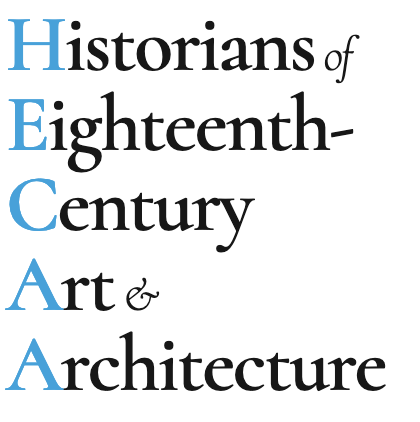

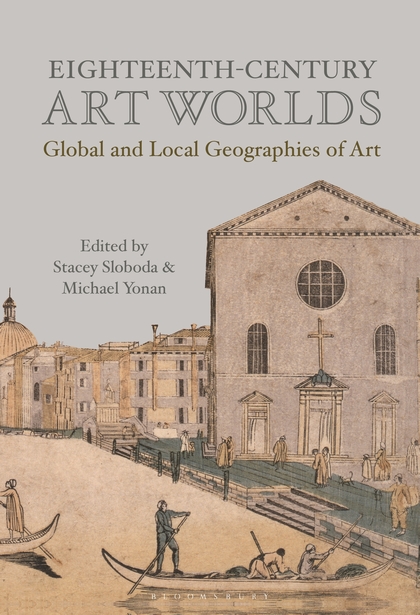

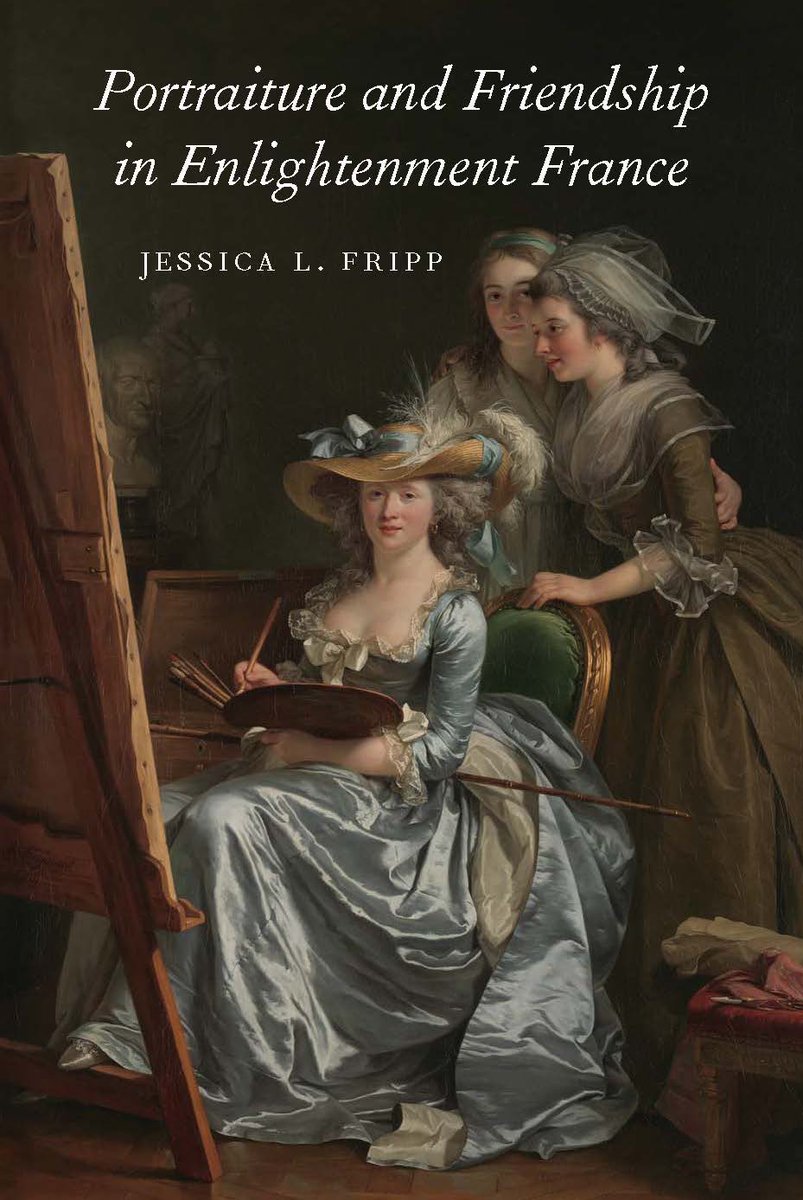















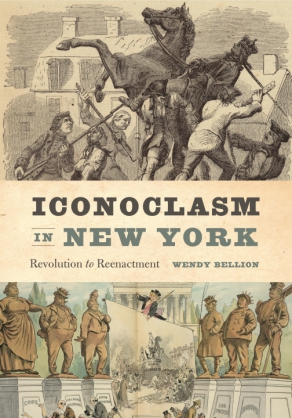



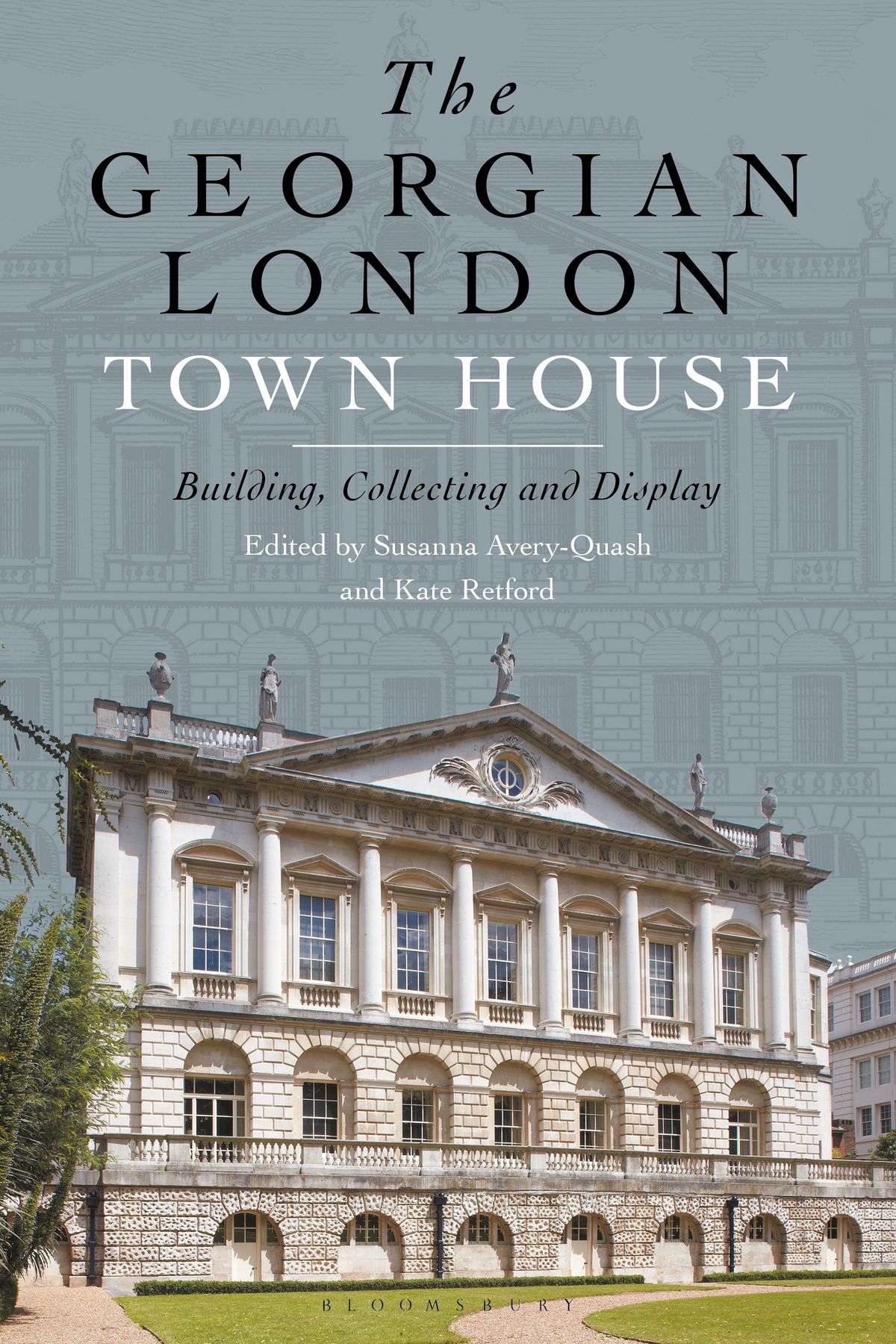


leave a comment